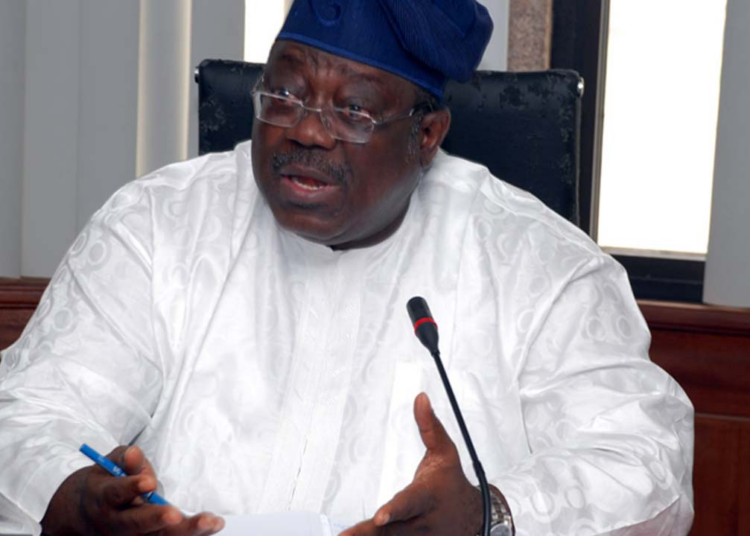The chairman of the Federal Civil Service Commission (FCSC), Prof. Tunji Olaopa, has said that a public debate on the political neutrality of civil servants has compelled the urgent need for a total reform of the service.
Olaopa, in a statement on Friday, disclosed this while reacting to the disagreement between the Head of the Civil Service of the Federation (HCSF), Mrs Didi Esther Walson-Jack, and the Nigeria Labour Congress (NLC) President, Joe Ajaero, on the role of civil servants in politics.
While both sides cited constitutional rights, Olaopa said that the solution lies not in legalistic debates but in fundamentally restructuring the service into a modern, professional body insulated from political interference.
“The discourse brings to the fore cogent and fundamental questions. How should the classic politics-administration dichotomy be reconceived.
“What system of public administration is best for Nigeria at this stage in its evolution and for its transformation journey?” he said.
LEADERSHIP recalls that the controversy was ignited when the HCSF reiterated that civil servants must safeguard their political neutrality, arguing that while they have a constitutional right to privately support a party, they must avoid “the murky space of high-stake political activities” as defined by the Public Service Rules (PSR).
In response, NLC President Ajaero contended that the constitution and a Supreme Court judgement affirm the right of civil servants to be card-carrying members of political parties and participate fully in politics.
But, Olaopa acknowledged that both positions have legal grounding but warned that the constitution cannot be the final answer for a professional administrative system.
“The constitutional order cannot answer to all realities. While the Constitution is fundamentally right, it cannot legislate at the level of the concrete on what is best for the civil service system as both an administrative system and a profession in its own right,” he said.
He posited that the ultimate objective must be to build a developmental state backed by a world-class public service.
“A developmental state has to plug into fourth and fifth industrial revolutions. The public service must become a world-class institution that can effectively and efficiently backstop the developmental aspirations of the Nigerian state,” Olaopa said.
The FCSC chairman identified the core problem as the service’s outdated ‘I-am-directed’ structure, which breeds inefficiency and politicises governance.
The solution, he argued that, is a re-professionalisation strategy that equips civil servants with 21st-century skills and ethics.
“This is where all critical stakeholders… owe the public administration a sacred responsibility. This is a far better focus than the intermittent public filibustering over how political the civil servant can be,” he said.
Olaopa endorsed the HCSF’s cautionary stance, noting, “This is a democratic system that requires a competent, efficient and impartial civil servant. The best way to go is not to embroil these civil servants in Nigeria’s political complexities.”











